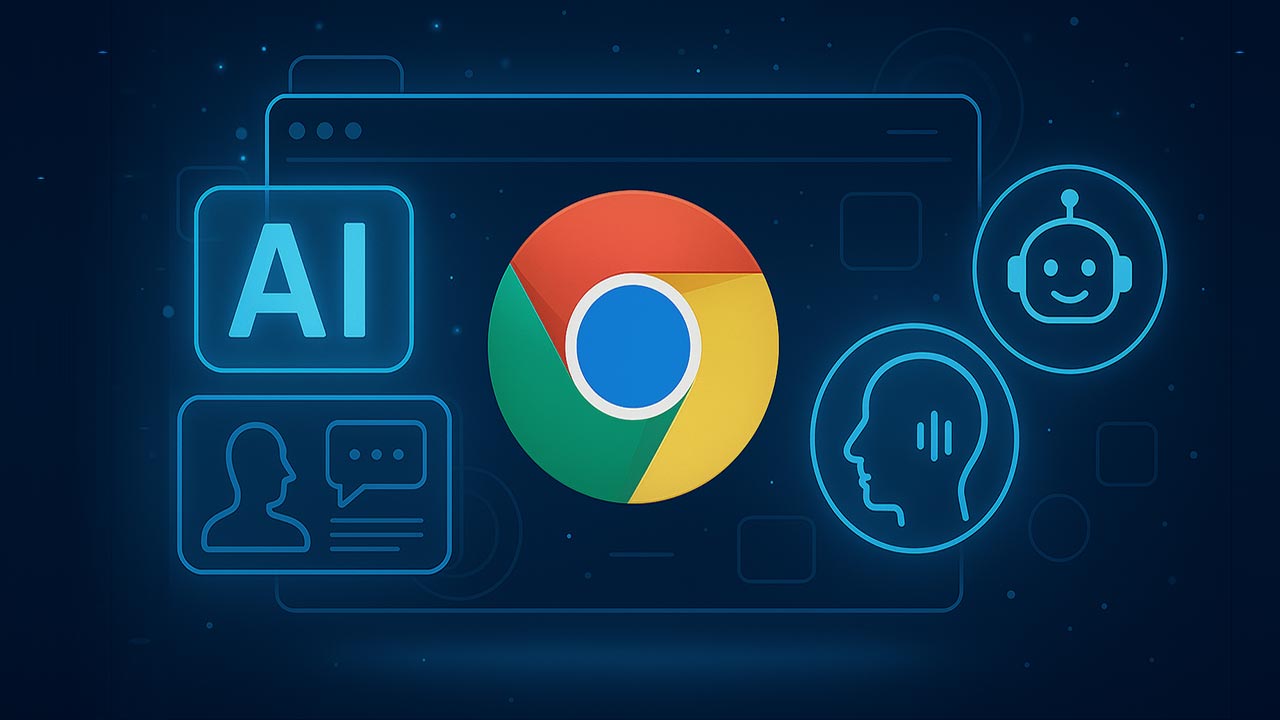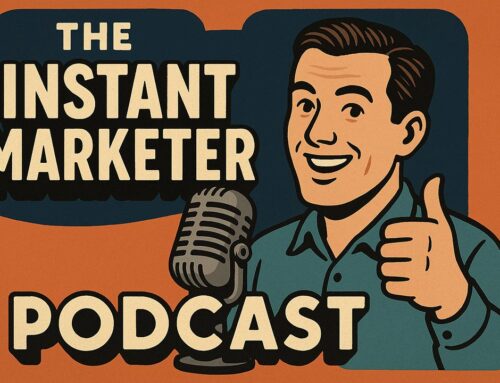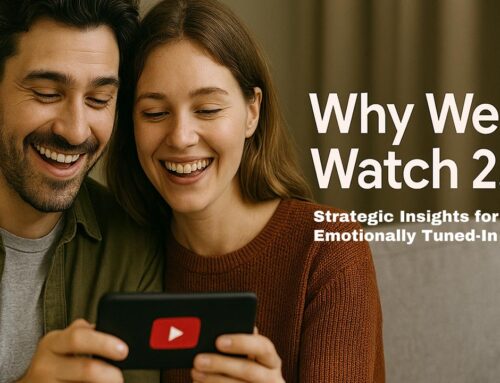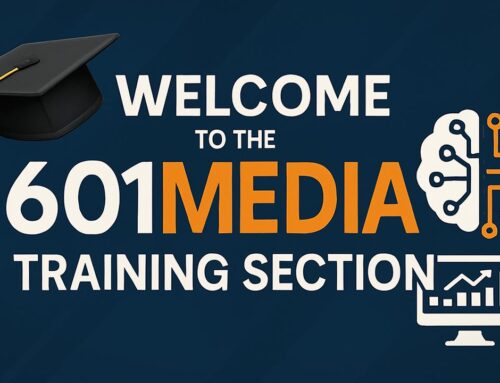The Larger Implications of a Potential OpenAI Takeover
If OpenAI were to acquire Google Chrome, it would mark a transformative moment not just in tech ownership, but in the way we access, experience, and interact with the internet. This article explores the profound implications such a deal could have on competition, privacy, innovation, and the future of web-based AI.
Table of Contents
- Introduction: A Turning Point in Browser History
- Why Chrome Matters More Than You Think
- OpenAI’s Ambitions: From Chatbot to Platform
- The Browser as a Strategic AI Gateway
- Implications for Competition and Market Structure
- Privacy and Data Ethics in an AI Browser World
- The Future of Web Search and Digital Assistance
- Top 5 Frequently Asked Questions
- Final Thoughts
- Resources
Introduction: A Turning Point in Browser History
A potential acquisition of Chrome by OpenAI isn’t just a tech transaction—it’s a signal of a new digital age. For years, web browsers have been passive gateways to information. But with the rise of AI, they’re becoming active participants in our online lives. Chrome, as the world’s most popular browser, sits at the center of this transition.
Why Chrome Matters More Than You Think
Chrome isn’t just a browser. It’s the single most powerful conduit to the internet, handling over 60% of global browser market share and serving as the starting point for more than 50% of all web searches. Its deep integration with Google’s ecosystem gives it outsized influence over user behavior and access to data that’s essential for training and refining AI systems.
Should OpenAI acquire Chrome, it would instantly inherit:
- A global user base in the billions.
- A data firehose critical for real-time AI training.
- A distribution platform that bypasses app stores and device manufacturers.
OpenAI’s Ambitions: From Chatbot to Platform
OpenAI’s vision stretches far beyond ChatGPT. With products like SearchGPT and Operator, OpenAI is building toward an agentic AI future—where AI assistants don’t just answer questions, they take actions. Owning Chrome would allow OpenAI to transform its suite of tools from isolated apps into an integrated platform baked into the core user experience of the internet.
This isn’t hypothetical. OpenAI has already partnered with Apple, integrated fallback search functionality into Siri, and hired former Chrome engineers. The infrastructure and intent are already in motion.
The Browser as a Strategic AI Gateway
Browsers are evolving into strategic AI gateways. Instead of visiting websites and using search engines, future users might simply engage with intelligent agents embedded into the browser experience. An OpenAI-owned Chrome could:
- Replace traditional search with SearchGPT as the default.
- Embed AI agents like Operator directly into the UI.
- Contextualize browsing with personalized AI assistants who anticipate user needs.
This is a direct path to not only transforming the internet interface—but controlling it.
Implications for Competition and Market Structure
Let’s be clear: if OpenAI buys Chrome, the internet’s power center would shift. While Google’s dominance triggered antitrust action, replacing it with another tech giant doesn’t automatically solve the underlying monopoly concern.
However, the market dynamics would shift:
- Google loses a primary search distribution channel.
- Microsoft (a major OpenAI investor) gains leverage in the AI race.
- Smaller players like DuckDuckGo or Brave could struggle further unless new competition rules are enforced.
Regulators may need to redefine what constitutes fair competition in an AI-first world—especially when distribution and AI intelligence merge into single platforms.
Privacy and Data Ethics in an AI Browser World
OpenAI inheriting Chrome would open a Pandora’s box of ethical questions. Chrome collects massive behavioral data: search queries, visited pages, click patterns, and device interactions. Used responsibly, this data can supercharge AI development. Used poorly, it risks infringing on user autonomy and privacy.
Key concerns include:
- Consent and transparency: How will users know what data is collected and how it’s used?
- Data minimization: Will OpenAI collect only what’s necessary?
- AI model governance: How will Chrome-based data affect model behavior, bias, and security?
OpenAI will need to build—and publicly commit to—robust privacy frameworks to gain user trust and regulatory approval.
The Future of Web Search and Digital Assistance
We are witnessing the slow death of the blue-link search engine. In its place, conversational and contextual AI is emerging. If Chrome becomes an AI-first browser:
- Users may never “search” again; they may simply “ask.”
- Advertisers may shift from bidding on keywords to bidding on AI outcomes.
- Publishers may need new strategies for visibility in a world where AI filters content before it’s seen.
In this scenario, Chrome wouldn’t just be a browser—it would be a full-stack AI assistant that understands, predicts, and acts on behalf of users in real time.
As we stand on the brink of a generative internet, the outcome of this potential acquisition will shape not just tech, but society’s relationship with digital knowledge for decades to come.
Top 5 Frequently Asked Questions
Final Thoughts
An OpenAI acquisition of Chrome would be more than a business deal—it would be a reconfiguration of digital power. It would cement AI as the central interface of the web and give OpenAI a potent platform to challenge Google on its own turf. While the benefits could include better AI services and more personalized experiences, the risks—privacy erosion, market concentration, and a new kind of monopoly—must be navigated with care.
Resources
- The Guardian: Chrome sale could reshape search
- Reuters: DOJ proposes Google divest Chrome browser
- The Verge: OpenAI, Perplexity express interest in Chrome
- Axios: OpenAI confirms interest in Chrome









Leave A Comment